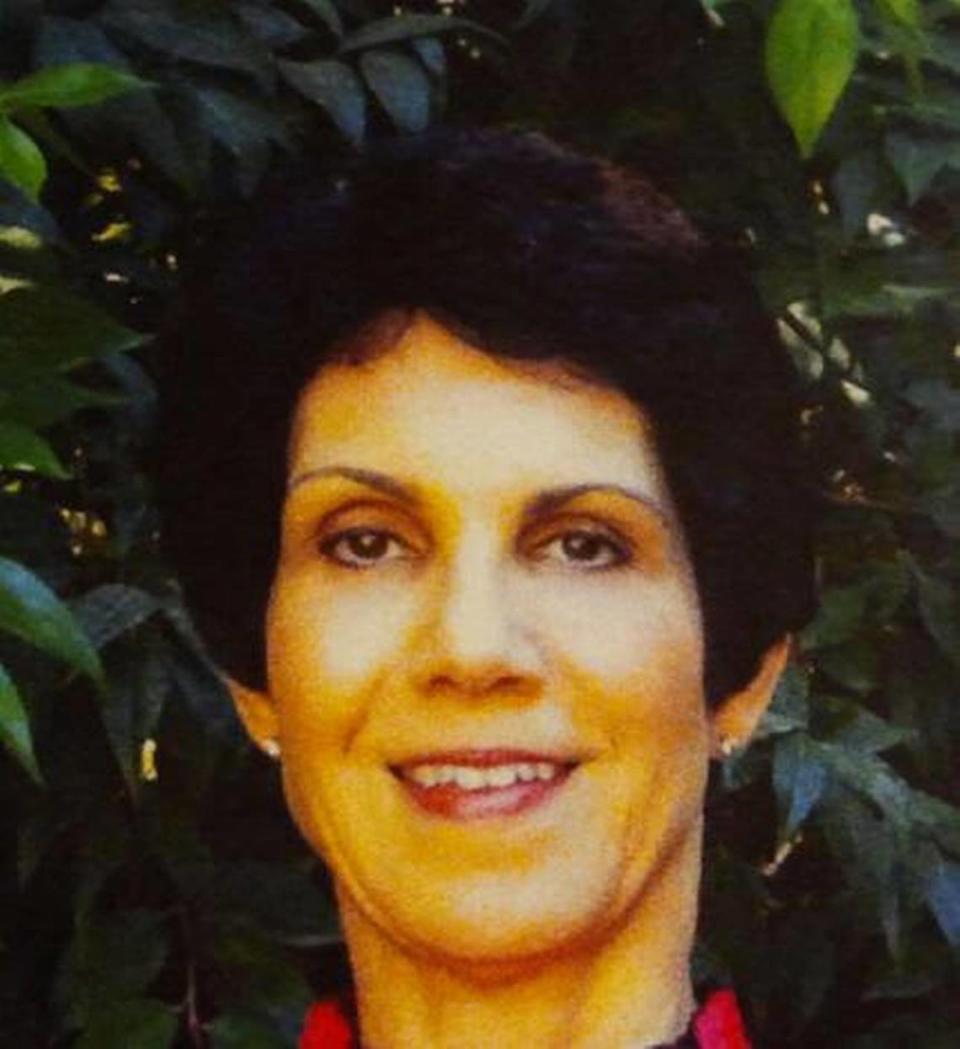Will Armenia survive as a nation? A Fresno woman shares her anguish over its plight | Opinion
- Oops!Something went wrong.Please try again later.
April 24 marked the 109th anniversary of the Armenian Genocide, widely accepted by historians worldwide as the first of the 20th century. As we honored and remembered innocent lives lost in a brutal massacre in 1915 by Ottoman Turks, we also remember those who perished in a more recent campaign of ethnic cleansing in Artsakh.
History repeated itself in the fall of 2020, with persecution of indigenous Armenians living in Nagorno-Karabakh (known as Artsakh, to the Armenians). Centuries ago, Artsakh was a province of the Kingdom of Armenia. However, throughout the years, the area has been subject to territorial conflict between Armenia and Azerbaijan.
The Armenian Christians, considered a “problem” to the Ottomans in 1915, were a “problem” to the Azeris, as well. Referring to Armenians as “fascists, barbarians, vandals and rats,” Azerbaijan’s president, Ilham Aliyev, has stated, “Live in your own country. We have nothing to do with you. Do whatever you want to do but leave our lands.”
With orders from Aliyev, the Azerbaijani army invaded Artsakh, bombing civilians, hospitals and homes, murdering innocent men, women and children, cutting off gas and electricity and closing the Lachin corridor (the main supply route from Armenia to the region).
Without heat or food, Armenians were left freezing, starving and begging for help. Unfortunately, their pleas fell on deaf ears of America, Russia, the UN and European Union. Nobody came to their rescue. Though we’ve heard daily of Russia’s war on Ukraine, Israel’s conflict with Hamas in Gaza, and the outpouring of humanitarian aid given to them, Armenians were overlooked. The mainstream media, along with the world, remained silent to the outcries.
Opinion
In September 2023, after nearly three years of war, Azerbaijan claimed victory over the disputed territory. Overtaking Artsakh, Aliyev finally opened the Lachin corridor and, in short time, expelled the entire Armenian population of 120,000. Leaving most possessions behind, the majority of those displaced found refuge in Armenia, hoping to eventually return to their homes and lost lands.
Apparently, the conquest of Artsakh wasn’t enough for Aliyev. He now desires to overtake land in Armenia itself, claiming it rightfully belongs to Azerbaijan, and adding that Armenia must change its constitution in order to make peace with Azerbaijan.
With blessings of neighboring Turkey, Azerbaijan has initiated construction of a railway project known as the “Zangezur corridor,” which will connect their two countries. To achieve this, however, the project must go through southern Armenian territory. Stating that Armenia is “a country of no value,” Aliyev knows Armenian land is key to the final connection of the railway and threatens if Armenia doesn’t agree to this project, it will be done “by force.”
Currently, Azerbaijanis are firing at three Armenian border villages to provoke a military response in order to invade Armenia. As tensions escalate, Armenia’s small military will, most likely, be overtaken. Aliyev has also set his sights on Yerevan, the capital of Armenia, claiming it, too, belongs to Azerbaijan.
Today, we are living in an “I want what you have” society. Many world leaders are possessed by power, politics, corruption and greed. It seems humanitarian aid is selective, based on what resources a country has to offer. Armenia, a small landlocked country, isn’t rich in fuel or materials of importance to the outside world. America “needs” oil-rich Azerbaijan for its resources and economic interests and is willing to overlook all wrongs to obtain those “needs.” Due to Azerbaijan’s gas diplomacy (the country’s main exports being oil and fuel) any sanctions against them for their crimes against humanity are, unfortunately, unlikely.
I am but one voice among the silent cries of many, and I fear, during these troubled times, Armenians may one day be a people without a country. Sadly, the world has closed its eyes, choosing not to see.
Though facing continued challenges and adversity, Armenians are resilient. Finding courage and strength through their faith and cultural heritage, the Armenian spirit perseveres.
Stories of the now long gone survivors of “The Forgotten Genocide” are enshrined in videos and eyewitness documentation, preserving history and truth. We, the children of those survivors, must ensure their stories are passed on to the generations who proceed us for, as we’ve seen, history forgotten is history repeated.
Clarice Krikorian of Fresno is a retired registered nurse. She is a member of the Arts and Humanities Advisory Board at Fresno State and the CSU Summer Arts Community Board.


